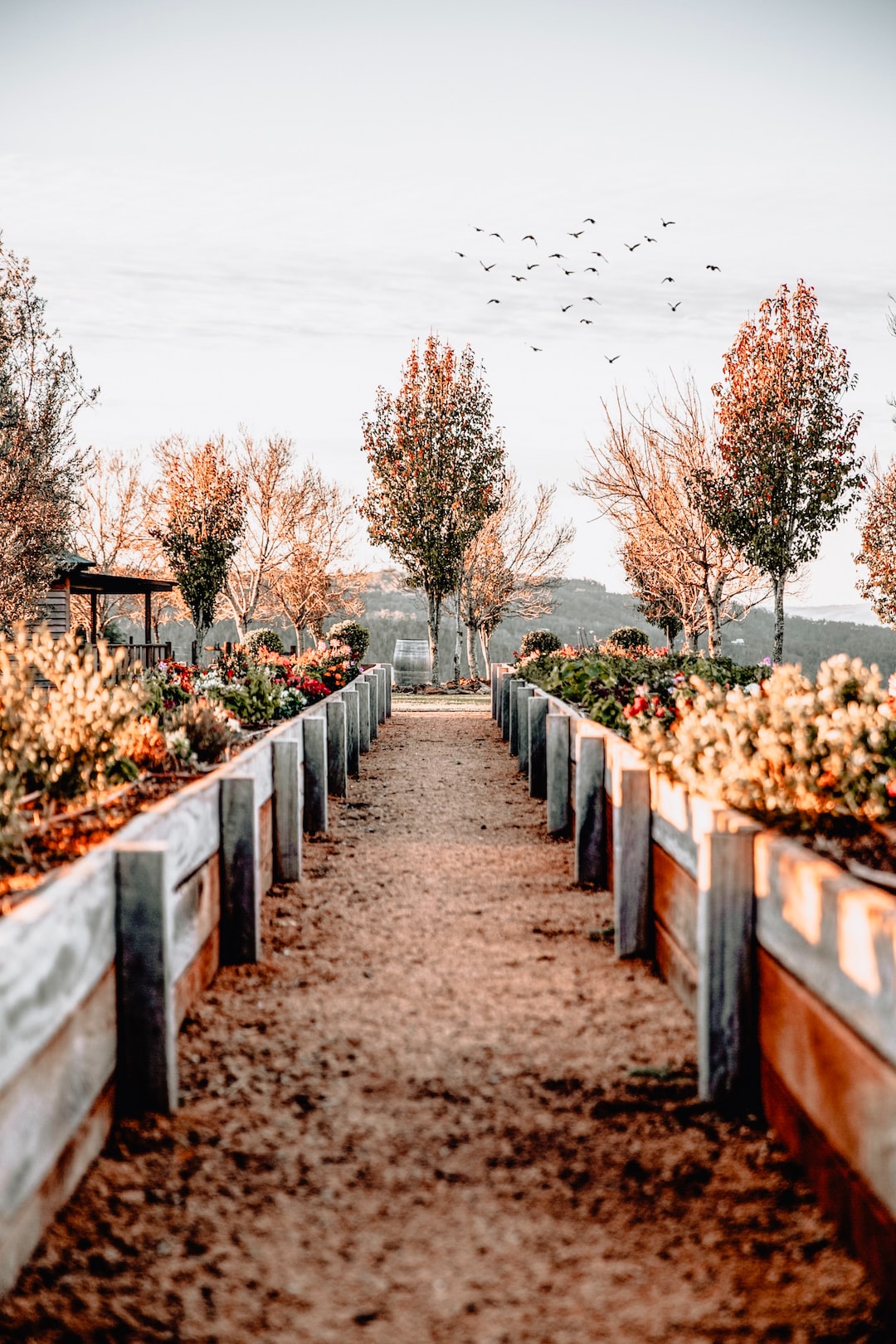Gardening can be a highly rewarding experience, but it also requires a lot of time and effort to maintain healthy plants. One key aspect of successful gardening is mulching, which involves placing a layer of material on top of the soil in garden beds. Mulching offers numerous benefits that can significantly improve the overall health and productivity of your garden.
Firstly, mulching plays a crucial role in conserving moisture in the soil. By creating a barrier between the soil and the air, mulch prevents water from evaporating too quickly, helping to maintain a consistent level of moisture in the root zone. This is especially important during periods of drought or hot weather when plants are more prone to water stress. Furthermore, mulch also helps to reduce soil erosion caused by heavy rain or wind, allowing water to slowly penetrate the soil instead of washing it away.
In addition to conserving moisture, mulching has the added benefit of regulating soil temperature. During the hot summer months, a layer of mulch on the soil surface acts as insulation, keeping the soil cooler and protecting plant roots from heat stress. Conversely, in colder climates, mulch provides insulation against frost, preventing the freeze-thaw cycle from damaging the roots and young plants.
Moreover, mulching aids in weed suppression by blocking sunlight and hindering weed seed germination. Weeds are opportunistic plants that thrive in bare soil areas, so a layer of mulch deprives them of the sunlight they need to grow. As a result, you’ll spend less time pulling weeds and more time enjoying your garden.
Mulching also improves soil health by adding organic matter to the soil as it decomposes. Organic mulches such as wood chips, straw, or compost enrich the soil with nutrients, enhancing its fertility and structure. As the mulch breaks down, it encourages earthworms and beneficial microorganisms, which further contribute to a healthy and well-balanced soil ecosystem.
When it comes to methods of mulching, there are several options to choose from. Organic mulches, as mentioned earlier, are the most common and include materials like straw, leaves, grass clippings, and wood chips. These materials not only provide the benefits mentioned earlier, but they also add aesthetic appeal to your garden.
Alternatively, you can opt for inorganic mulches such as gravel or stones. While they do not decompose and improve soil fertility, they are long-lasting and may be more suitable for certain plants or garden designs.
In conclusion, mulching is an essential practice in maintaining healthy garden beds. By conserving moisture, regulating soil temperature, suppressing weeds, and improving soil health, mulching provides numerous benefits that directly contribute to the success of your garden. Whether you choose organic or inorganic mulches, taking the time to mulch your garden is a worthwhile investment that will pay off in terms of healthier plants, reduced maintenance, and increased overall productivity.

